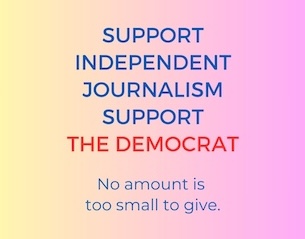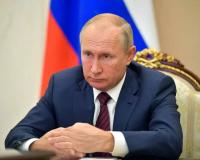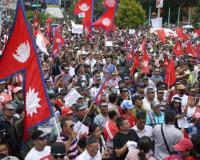
South Africa has set out its case accusing Israel of violating the Genocide Convention, pointing to the current situation in the bombarded, besieged Gaza Strip, home to 2.3 million Palestinians.
Filed with the Hague-based International Court of Justice (ICJ), a UN court, on 29 December, South Africa’s case stated that Israel, particularly since 7 October, “has failed to prevent genocide and has failed to prosecute direct and overt incitement to genocide”.
So, what is the Genocide Convention?
The basics
The 1948 Convention on the Prevention and Punishment of the Crime of Genocide is the first human rights treaty adopted by the UN General Assembly. It came on the heels of the Second World War following the Holocaust, during which Nazi Germany systematically killed more than six million Jewish people.
Known as the Genocide Convention, it indicates the international community’s commitment that the atrocities of genocide never be repeated. However, other cases have emerged, including in Rwanda in 1994 and in Srebrenica in 1995.
Consisting of 19 articles, the instrument provides the first international legal definition of the term “genocide”. It also stipulates the duty of the 153 States that have ratified or acceded to the Convention to prevent and punish the crime of genocide. (41 UN Member States have yet to ratify or accede to the Convention. Of those, 18 are from Africa, 17 from Asia and 6 from the Americas.)
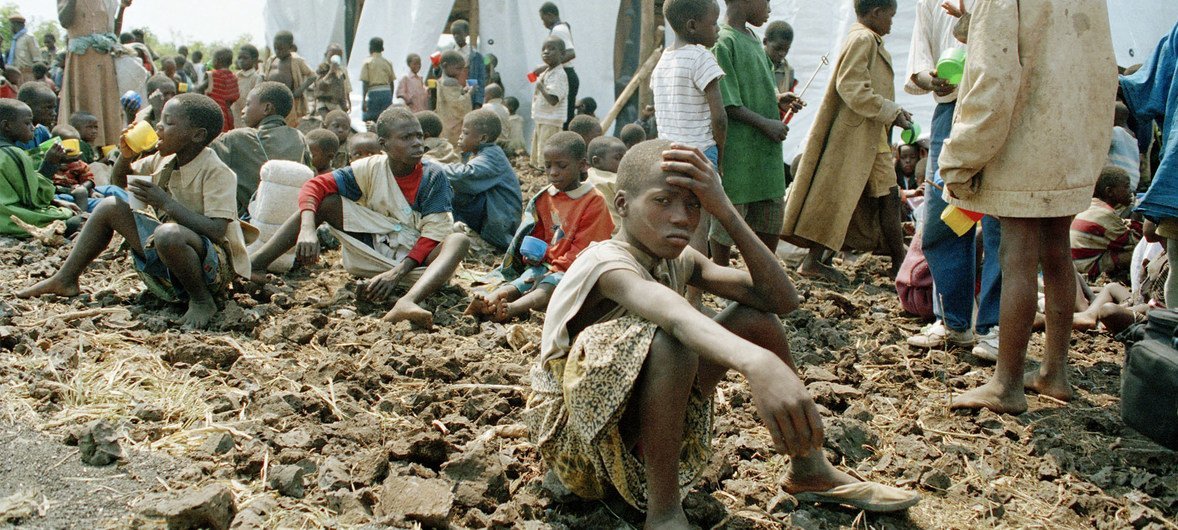
What does “genocide” mean?
According to article II of the Convention, genocide means any of the following acts committed with intent to destroy, in whole or in part, a national, ethnical, racial or religious group:
(a) Killing members of the group
(b) Causing serious physical or mental harm to members of the group
(c) Intentionally subjecting the group to living conditions intended to cause its physical destruction, in whole or in part
(d) Imposing measures aimed at preventing the birth of children within the group
(e) Forcibly transferring children from the group to another group
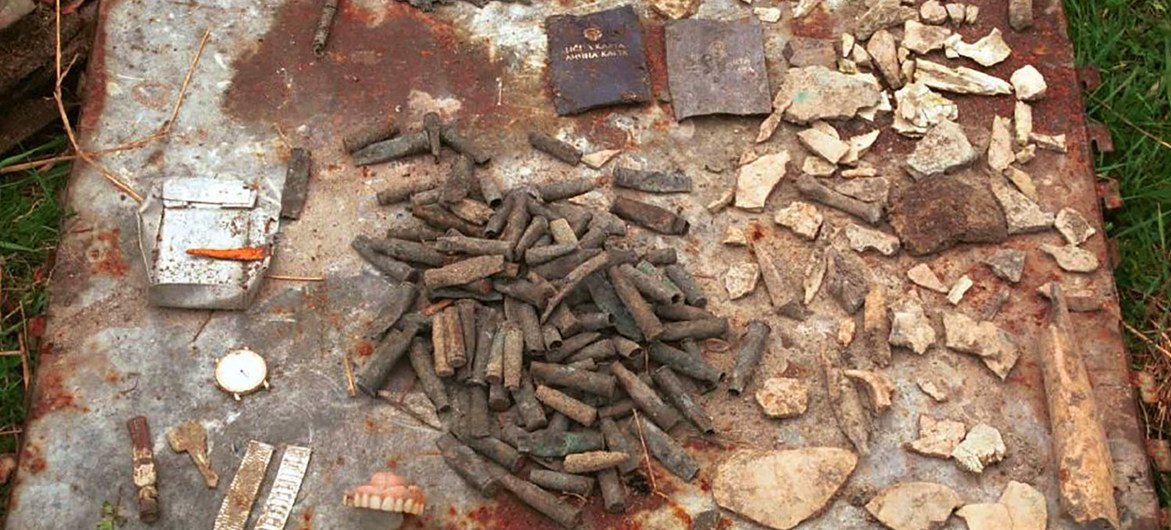
What actions are punishable?
Under article III of the Convention, the following acts are punishable:
(a) Genocide
(b) Conspiracy to commit genocide
(c) Direct and public incitement to commit genocide
(d) Attempt to commit genocide
(e) Participation in genocide
Does anyone have immunity from prosecution for genocide?
No.
No one is immune from the charge of genocide. Under the Convention, perpetrators of genocide or any of the other acts mentioned in article III shall be punished, whether they are constitutional rulers, public officials or individuals.
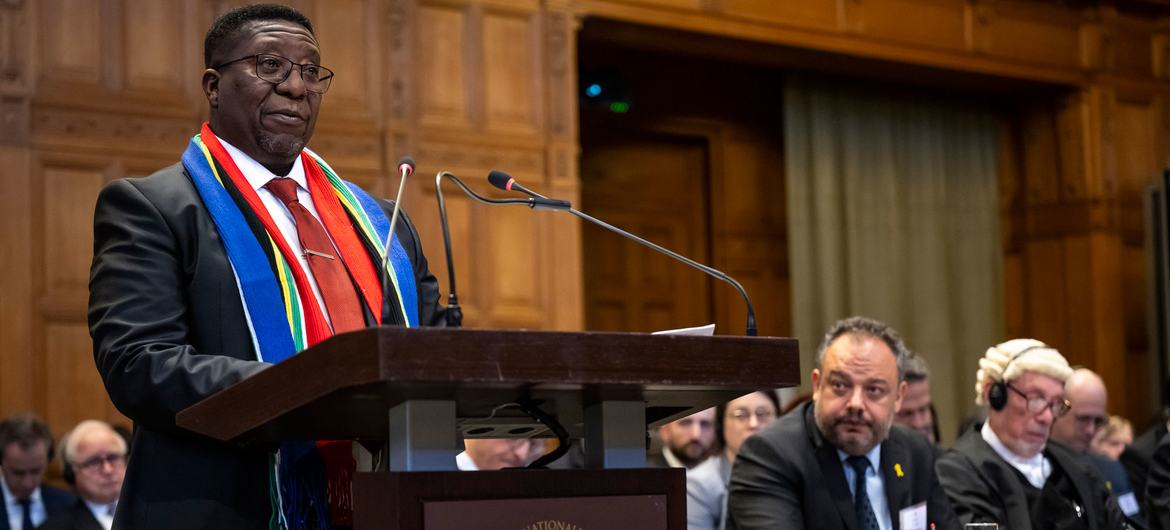
Where do trials take place?
Persons accused of such acts are tried before a competent court of the State on whose territory the act was committed.
The accused can also be tried before an international criminal court that has jurisdiction over any of the contracting parties whose jurisdiction it has recognized.
This includes the ICJ.
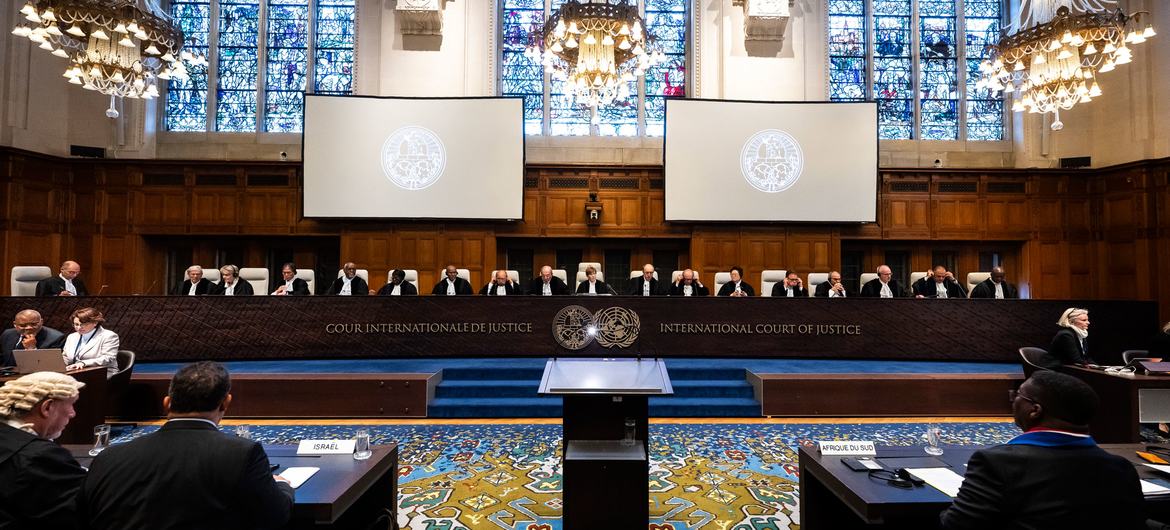
What is the role of the International Court of Justice (ICJ)?
The ICJ handles disputes between States. In South Africa’s case against Israel, the allegations pertain to violating the Genocide Convention.
Any case can be submitted to the Court relating to the responsibility of a State for genocide or for any of the other acts listed in article III of the Convention.
Find out more in our explainer on the ICJ here.
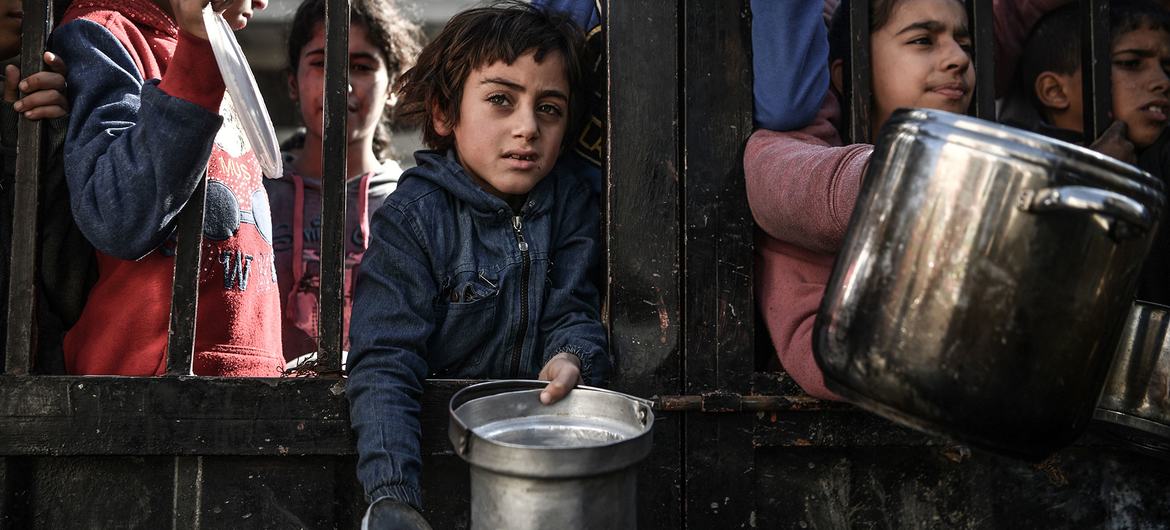
International day to honour the victims of genocide
Every year on 9 December, the Office on Genocide Prevention and the Responsibility to Protect marks the Convention’s adoption, which represents a crucial global commitment made the day before the Universal Declaration of Human Rights.
That day became known as the International Day of Commemoration and Dignity of the Victims of the Crime of Genocide and of the Prevention of this Crime.
The UN Secretary-General António Guterres stressed the need “for the Convention and its timeless message to remain a living force in our world”. He said it should be “a force that motivates us to fulfill the solemn promise that emerged from the Convention”. At the same time, perpetrators must be held accountable, he said.

